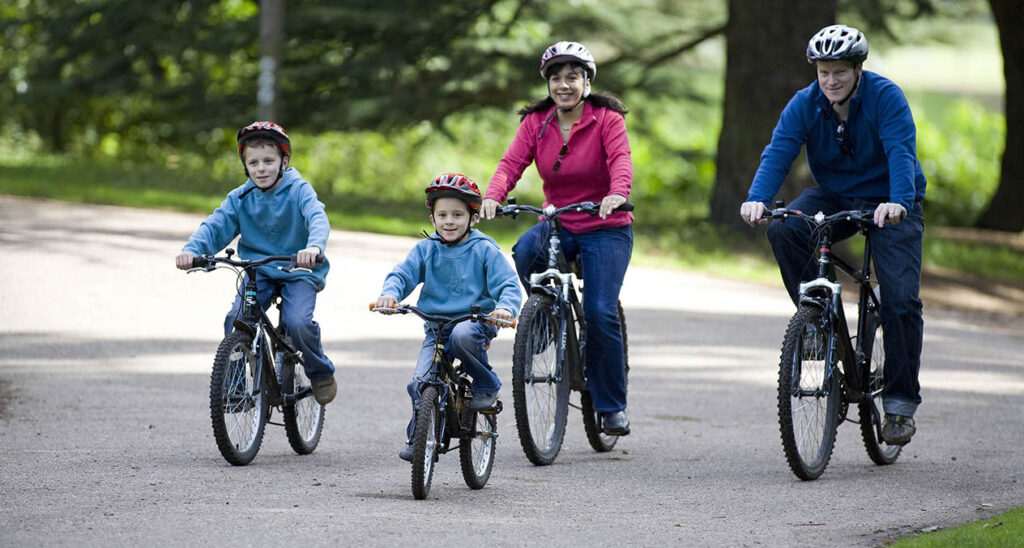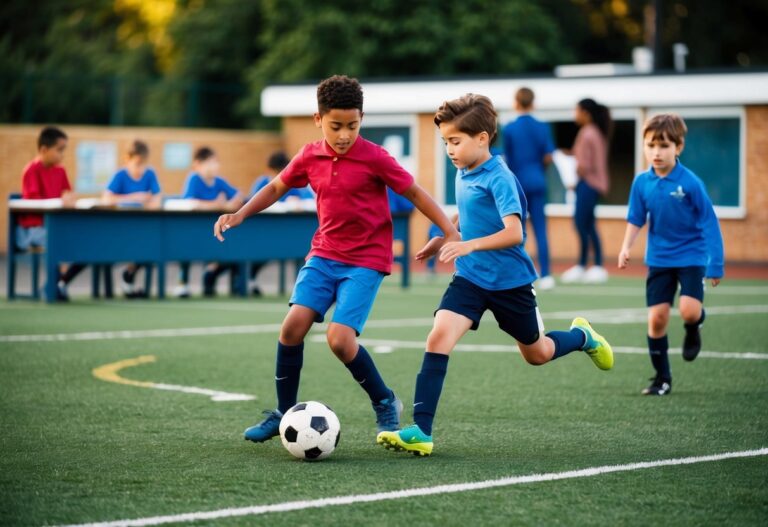In Bahrain’s malls, playgrounds, and classrooms, a quiet health challenge is unfolding. According to international studies, just 20% of children worldwide meet the World Health Organization’s (WHO) recommendation of at least 60 minutes of physical activity daily. In Bahrain, where lifestyle trends increasingly mirror global patterns of high screen time and low movement, the concern is just as real.
What does this mean for the health, learning, and happiness of Bahrain’s young generation—and what can parents do to change it?
The Movement Deficit
The WHO guidelines stress daily physical activity to build strong bones, muscles, and mental resilience in children. Yet research highlights the opposite trend: kids spending three or more hours per day on screens, from gaming consoles to TikTok scrolling.
“Too little exercise in childhood isn’t just about weight gain,” explains Prof. Christine Joisten, sports physician at the German Sport University Cologne. “It affects sleep, mood, school performance, and even long-term risks like type 2 diabetes.”
In Bahrain, pediatricians have also flagged the risks of rising childhood obesity. According to the National Health Survey (2018), nearly 15% of Bahraini children are obese, a figure climbing steadily in recent years Source: Bahrain Ministry of Health.
Why It Matters Here
Academic Performance: Children who exercise regularly show stronger memory and focus—skills directly linked to better school results.
Mental Wellbeing: Exercise improves confidence and reduces anxiety, vital as teens face exam pressure and social challenges.
Family Health: Bahrain’s rising rates of diabetes and cardiovascular disease begin with habits formed in childhood.
The Children’s Activity Pyramid
One solution is simple: build more movement into everyday life. Experts use the “Children’s Activity Pyramid” as a guide:
Base layer: Small daily movements—walking to school, helping at home, biking to a friend’s house.
Middle layer: Fun play—jumping rope, football in the park, tag games, rollerblading.
Top layer: Sport sessions—basketball, swimming, martial arts, or dance—at least twice a week.
Bahrain already has growing opportunities: community football pitches, open-air gyms in Manama, and after-school sports clubs
Local Inspiration
Bahraini triathlete Mico Faminial, who trains for endurance events while raising funds for charity, uses his platform to encourage young people to embrace movement. His motto: “Start small but stay consistent.”
How to Turn Screen Time into Move Time
Tech as a tool: Apps like Pokémon GO or fitness trackers can gamify movement.
Family challenges: Who can do the most jumping jacks before dinner? Who climbs the stairs fastest?
Role modelling: Children copy what they see—so if parents hit the gym or walk daily, kids follow.
“Parents are the most important motivators,” says Prof. Joisten. “If you cycle to the shop instead of driving, your children learn that activity is normal.”
Quick Guide for Bahrain Parents
Encourage at least 60 minutes of active play or sport daily.
Replace some screen time with family walks, swimming, or cycling.
Explore community sports clubs (football, boxing, martial arts, padel).
Be an active role model—kids mirror your habits.
Celebrate movement as fun, not a chore.

#PowerUpCity #BahrainFitness #ManamaWellness #HealthyKidsBH #BahrainLifestyle












Add a comment